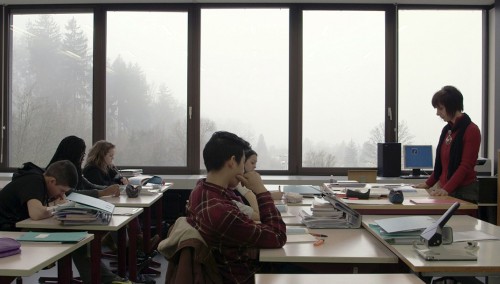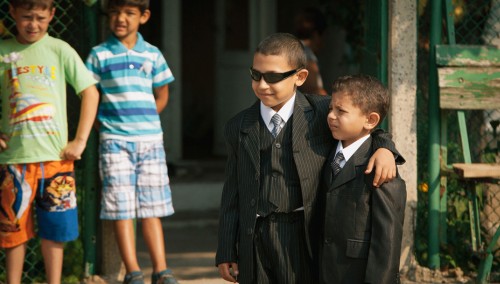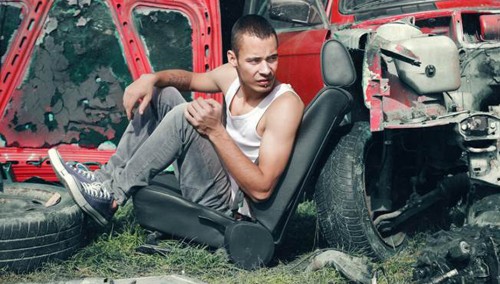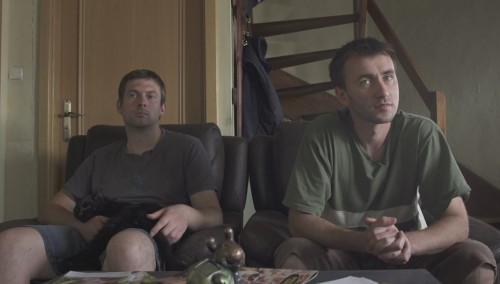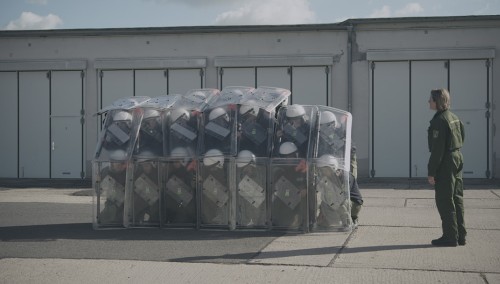Working Worlds 2016
Perspectives for the near future do not seem particularly rosy at the moment. Various crises are suspended like a sword of Damocles above our heads. Political and social structures seem to have become constantly more unstable in recent years. In 2016, the Working Worlds circle around life goals, education and job training, taking a look at the future (job) perspectives of young people in Europe.
Education and professional qualification still remain crucial preconditions for raising chances for a job and thus also professional self-development. Those who find themselves faced with discrimination and more meager possibilities from the start usually have fewer opportunities to compensate for these disadvantages over the course of their careers. Yet a good education provides no guarantees either – so many people at the start of their working lives are fighting desperately for a job. The young protagonists of the Working Worlds films find themselves confronted in one way or another with these problems. Nevertheless, they still try to find their own ways.
The way the Roma population is still subject to tremendous prejudices is evident in Cambridge. Yet the level of education in the Bulgarian town called “Roma Cambridge” is comparatively high, and the children there dream of someday studying at an elite university.
Civil Servants offers insights into the training of entrylevel police in Germany, who pursue their wish to serve the state and people. In many exercises they train for the worst case, only to find that theory is not always applicable in practice.
Two Polish young entrepreneurs, on the other hand, attempt with a little knowledge and a lot of optimism to establish their own snail farm in Snails. Their declared goal: to become rich with it.
In Drifter the 18-year-old Ricsi risks everything to realize his dream of becoming a rally driver – and for this he also gives up mechanic school.
In contrast, the young people in When Winter Ends have a hard time choosing a profession already at the age of 16. The desire for self-realization in a profession is great. Who wants to spend every day doing something they are not interested in? Hugo, for example, lacks the motivation to apply for a job, because, as he says, “war could break out at any time in Switzerland too.” What is one to do then, when optimistic perspectives for the future are generally missing? There is certainly not one universally valid answer to this question. The fact that none of the protagonists have given up, though, is a good sign.

